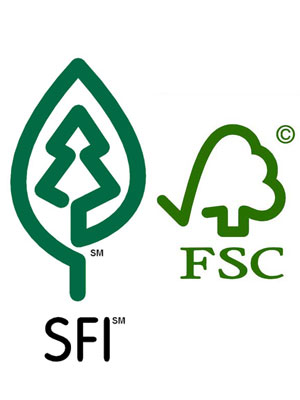This blog post will mark my transition from a first-year COMM 101 student to a second-year student studying marketing in COMM 296. Last year at this time, I posted about ethics in business, namely the ethics involved in the NHL lockout. This year, I will post about ethics in business from a different view.
In today’s demand-driven society, marketing is all about trying to create loyalty and build sentimental relationships with customers. Appealing to the customers’ morals and ethics is certainly one way of doing so.
To me, corporate social responsibility always appeared as a form of marketing. I, for one, would be more inclined to purchase a product that contributes to society in some way, whether that is through donating to a charity or through using recyclable materials. The business can build its image as a socially responsible company and make its brand well-recognized. However, are some businesses unethically using philanthropy as a marketing scheme to attract and retain customers?
The answer is unfortunately yes. This kind of marketing can be seen through “green” products that actually have no benefit for the environment. On the “The Toilet Paper Chase” episode of CBC’s Marketplace, the show reveals that a certain brand of toilet paper, which has the “Sustainable Forestry Initiative” logo prominent on its packaging, is actually clear-cutting parts of the forests in New Brunswick. I found in the comments below that some types of forest certification have lower standards than government regulations and that the logos are just for marketing. When social responsibility becomes a selling point that walks the line in terms of truth, the business is unethically taking advantage of what consumers’ believe to be ethical.
In my opinion, when companies are socially responsible, the marketing should be just a good side effect. In fact, I find that since big corporations have more financial power than the average individual will ever have, social responsibility should become an ethical standard, not just a way of appealing to consumer ethics.
